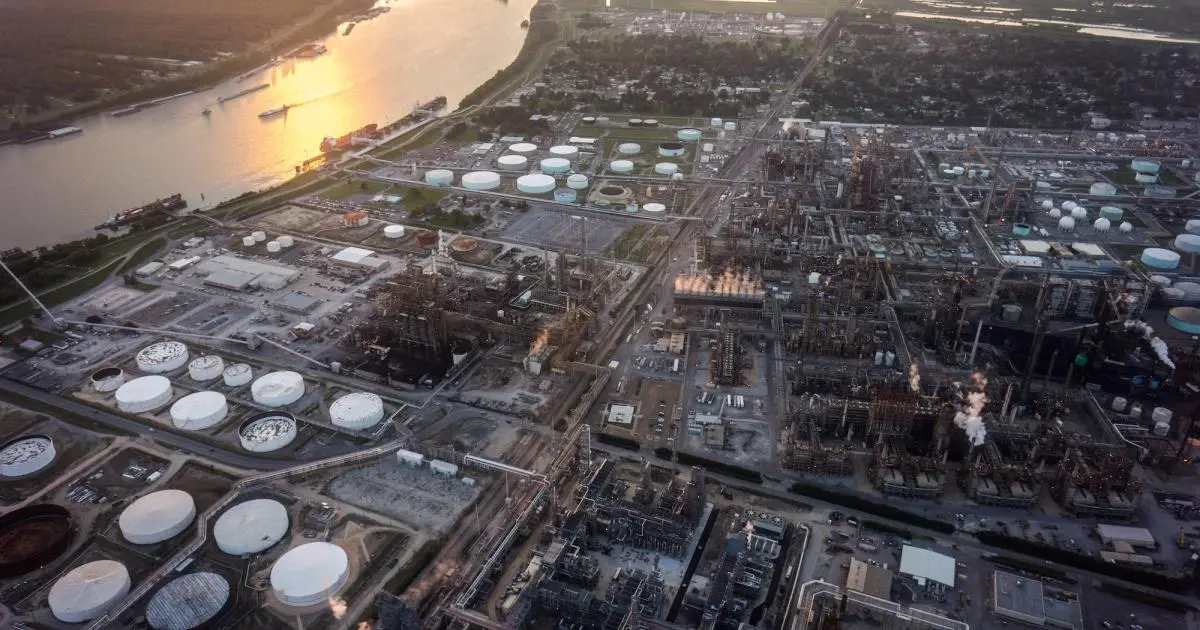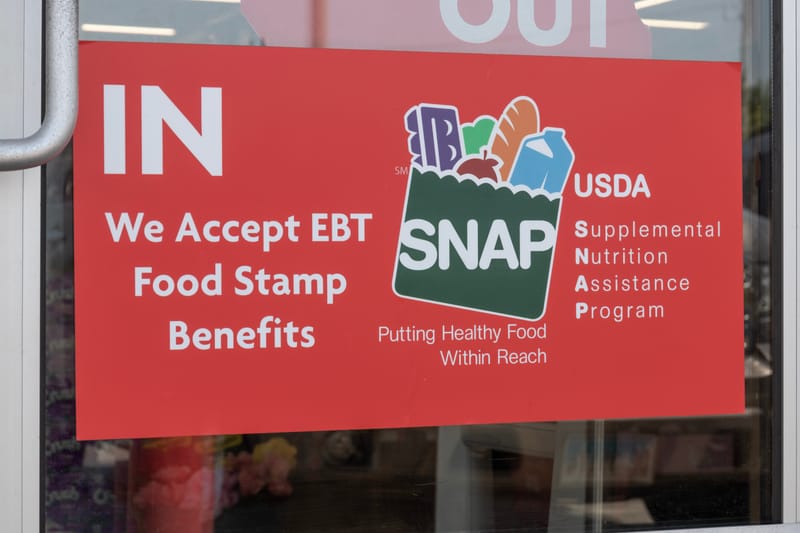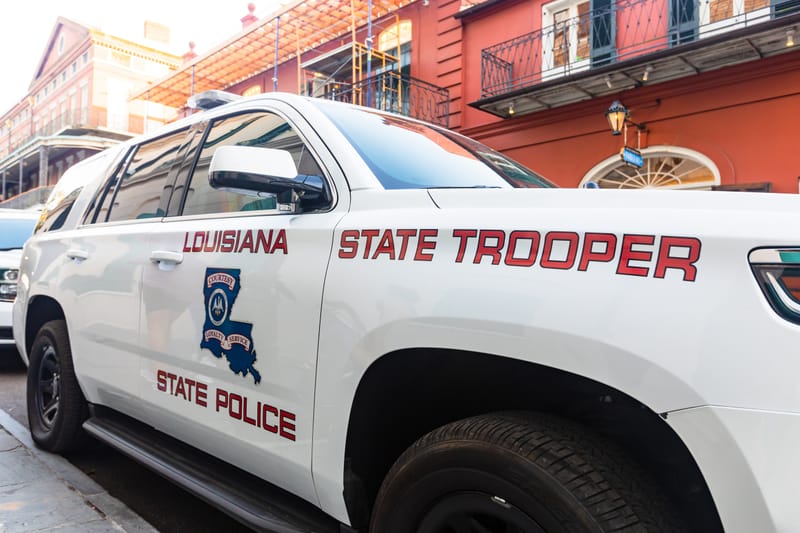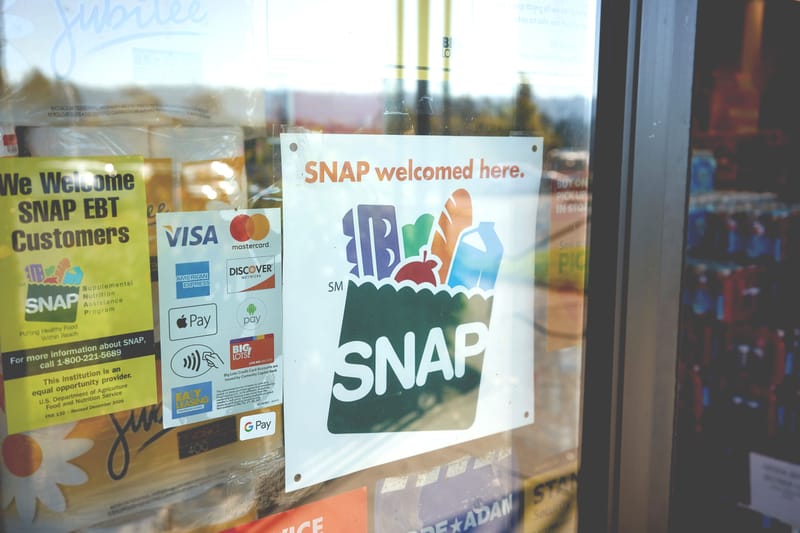Louisiana Sued Over Law Silencing “Cancer Alley” Communities Fighting for Clean Air
Black communities in Louisiana’s infamous “Cancer Alley” are being stripped of their right to document the toxins they breathe—and the right to fight back.
BATON ROUGE, LA — A coalition of national and local organizations has filed a federal lawsuit against the state of Louisiana over a law that effectively bans the use of affordable air quality monitors in lawsuits against industrial polluters. At the heart of this legal battle is a simple, chilling reality: Black communities in Louisiana’s infamous “Cancer Alley” are being stripped of their right to document the toxins they breathe—and the right to fight back.
The Environmental Integrity Project and Public Citizen Litigation Group, representing grassroots groups like Rise St. James and Concerned Citizens of St. John, argue that the law is unconstitutional. They say it violates the First Amendment, suppresses free speech, and blocks residents from petitioning the government with life-or-death concerns.
Pollution Targets Black Communities—So Does the Law
“Cancer Alley” is not just a nickname—it’s a death sentence for many. The 85-mile stretch between Baton Rouge and New Orleans is home to more than 150 petrochemical plants. It’s also home to predominantly Black communities that the federal government acknowledges face cancer risks up to 50 times the national average.
In St. John the Baptist Parish, where the Denka Performance Elastomer plant operates, 93% of nearby residents are Black. The plant emits chloroprene, a chemical the EPA considers a likely human carcinogen. For decades, residents have sounded the alarm—only to be met with neglect, delay, and now, censorship.
A Law Designed to Silence
The Louisiana law in question is surgical in its intent. It bars the use of air quality data in court unless that data comes from monitoring equipment that costs tens of thousands of dollars. The affordable PurpleAir monitors, widely used by community groups and sometimes even by the EPA, cost just a few hundred dollars, but are now rendered legally useless in Louisiana.
Worse, the law requires that any environmental data used in court be processed by a state-accredited laboratory—an expensive hurdle that grassroots groups simply cannot afford. Violators of the law face daily fines running into the thousands.
“This isn’t about protecting scientific integrity,” said Caitlion Hunter, attorney for Rise St. James. “This is about silencing Black communities and protecting corporate polluters. The state is telling us: you’re not allowed to speak the truth about your air.”
A Public Health Crisis with Political Backing
Residents aren’t just angry—they’re sick. Sharon Lavigne, founder of Rise St. James, remembers growing up breathing fresh air. “Now, it’s chemicals. Every day. The air burns your nose and your throat.”
Mary Hampton, president of Concerned Citizens of St. John, put it plainly: “Children are using nebulizers. That’s the reality. The air is making people sick, and they know it.”
Despite mounting evidence of harm, the state has chosen to shield industry instead of its citizens.
Undermining Federal Progress
The irony is bitter. The federal Inflation Reduction Act invested $81 million into community air monitoring, encouraging groups to use tools like PurpleAir to track local pollution. Even the EPA uses them.
David Bookbinder, legal director at the Environmental Integrity Project, didn’t mince words: “These sensors are accurate. They correlate strongly with EPA monitors. The only reason to ban them is to silence the people using them.”
A Dangerous Precedent
Louisiana is the first state to pass such a law. Kentucky followed. A similar bill in West Virginia failed—but the strategy is clear: strip frontline communities of the right to gather evidence, then claim there’s no problem.
The lawsuit could set a national precedent. But for the families living and dying in Cancer Alley, the stakes are already painfully clear.
“This is about the right to breathe,” said Lavigne. “And we’re not backing down.”







